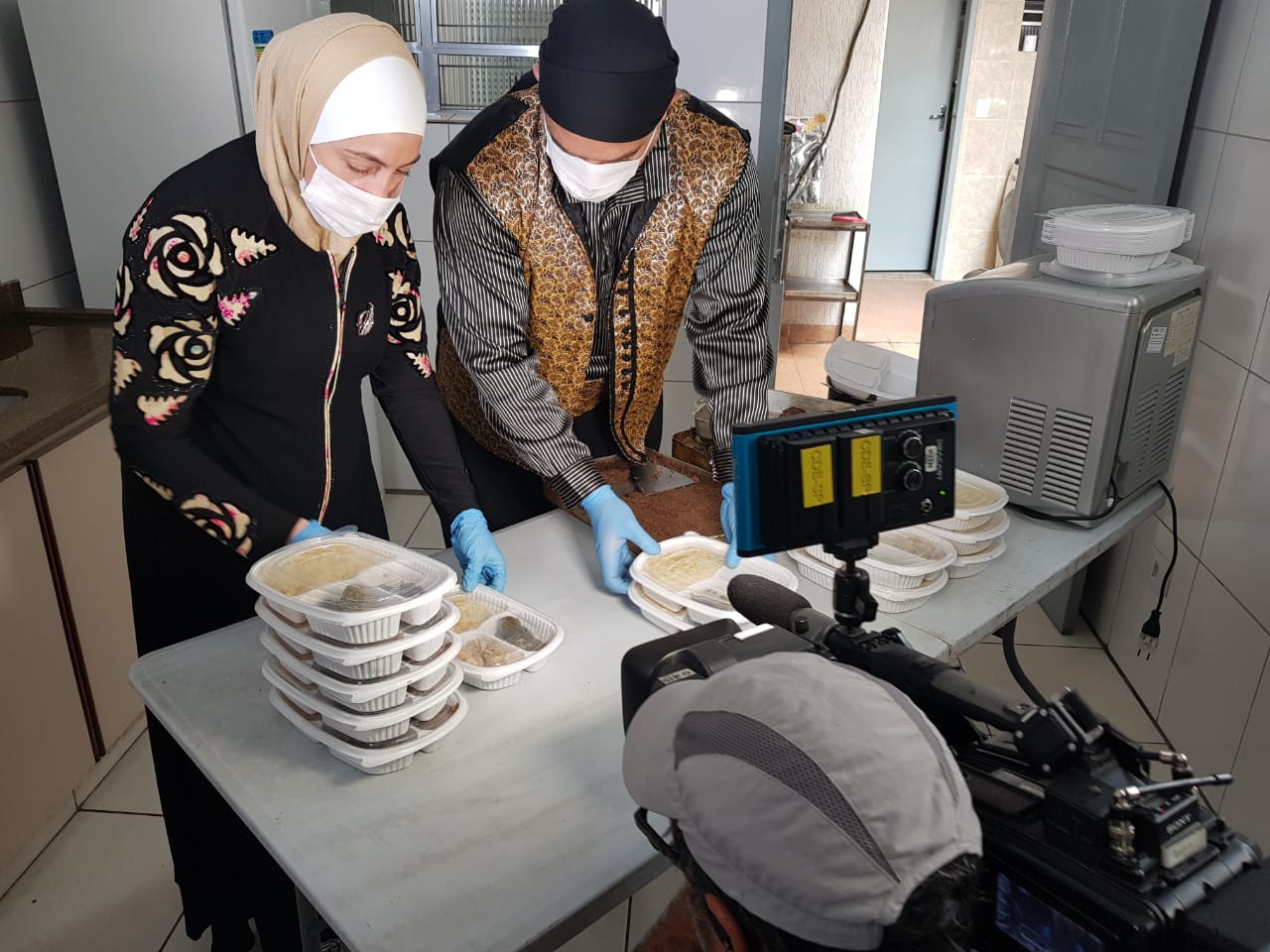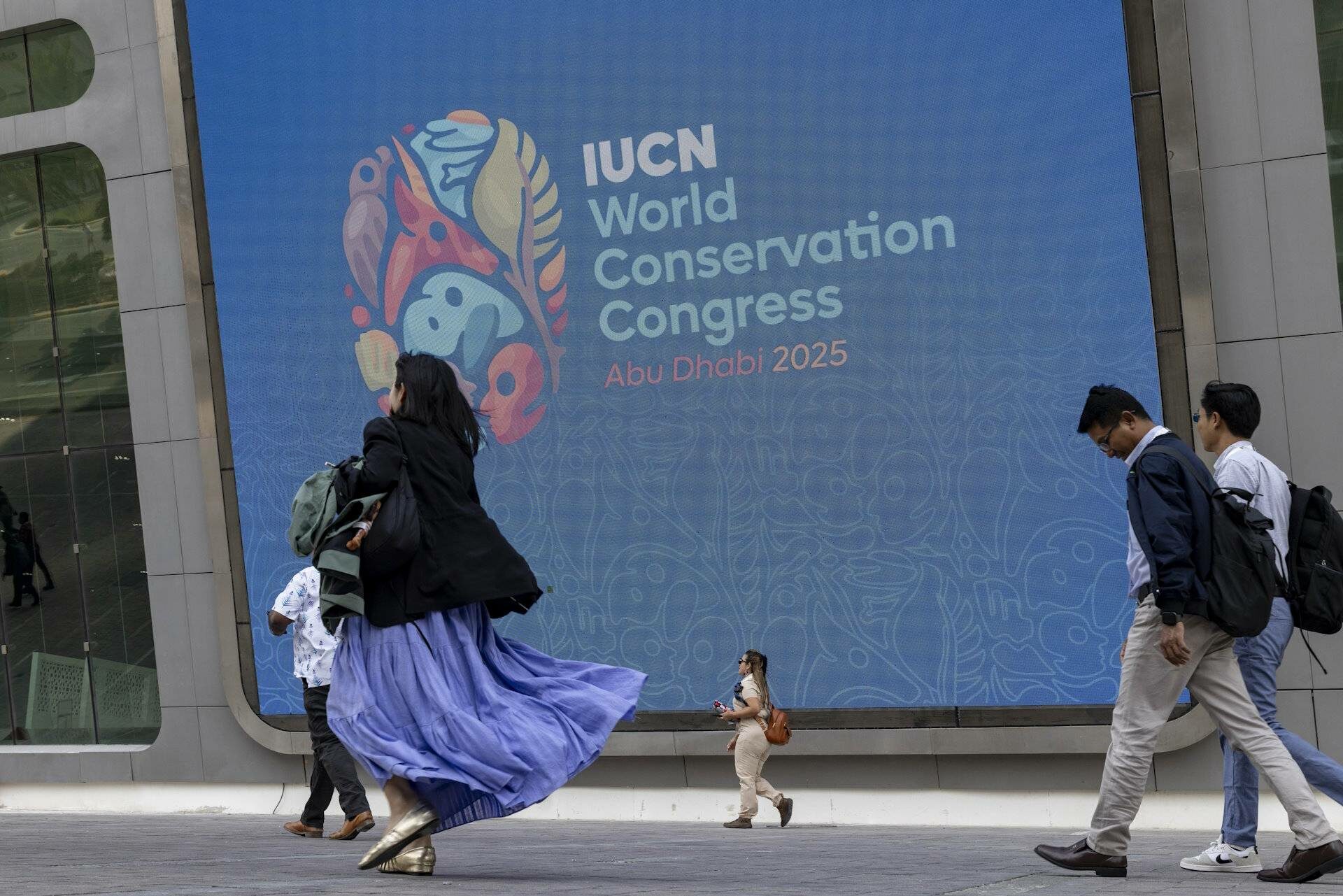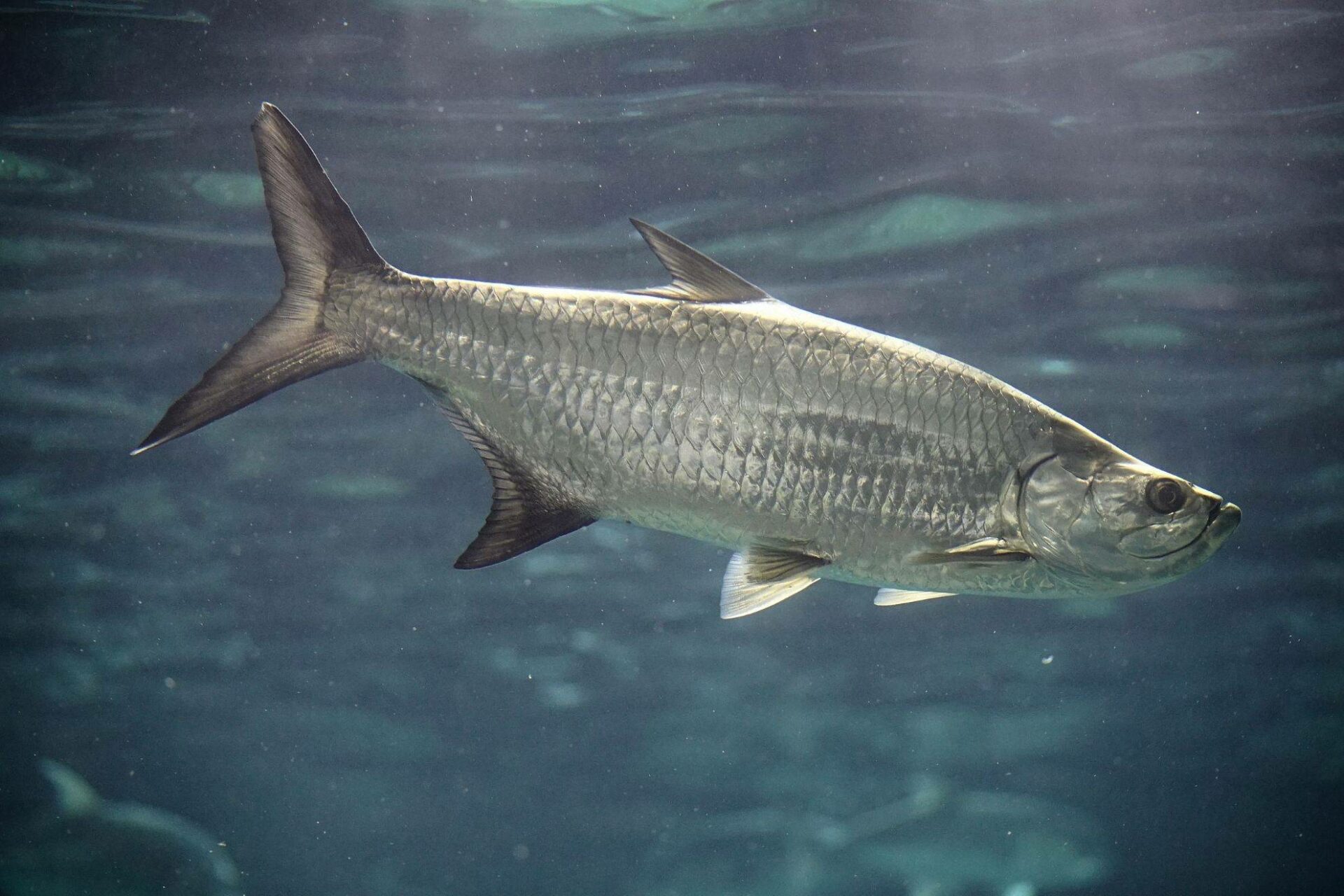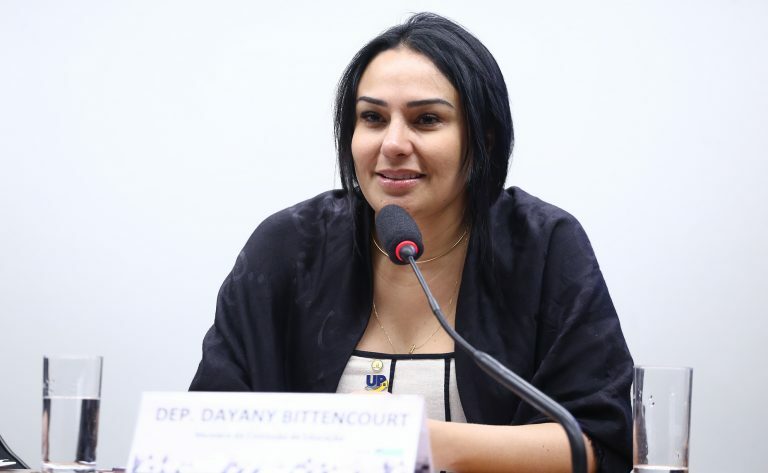
The couple Ghazal e Talal prepare packed lunchest to the elderly in São Paulo. Photo: Riad Al- Tinawi
The couple Talal e Ghazal Al-Tinawi, both Syrian refugees in Brazil, felt in their wallet the decrease of orders at their Arabic food delivery service due to the COVID-19 in Sao Paulo, the state with the highest number of cases in Brazil. Even so, they found a caring alternative to contribute to mitigate the new virus transmission.
“We arrived in Brazil seven years ago and we are grateful to the Brazilians, who received us with arms wide open and always helped us with our needs. Now it’s time to give back with the best we have: our Arabic food to those in need, the elderly”, said Talal, mechanical engineer.
The couple made an effort to increase their production so that 300 packed lunches could be delivered to the elderly, one of the most vulnerable at risk to the COVID-19 disease. Complying with the World Health Organization (WHO) recommendation, the food is safely being delivered to their homes.
“We passed through a similar situation in Syria, when we could not get out of our home because of the war. Our lives were in danger and we left because there was no other choice. Knowing these difficulties, we posted an ad on our social media page about the donation and countless orders started to come in”, tells Ghazal, that works with her husband in the kitchen, paying closely attention to the sanitation needs.
The reality of the refugee Syrian family as gastronomic entrepreneurs is common to many refugees who try to rebuild their lives in Brazil producing traditional food. Talal and Ghazal are features on a webpage launched by the United Nations Refugee Agency (UNHCR) listing local enterprises promoted by refugees in Brazil.
Joint action – United Nations Refugee Agency (UNHCR) and International Organization for Migration (IOM) are partnering with other UN agencies and civil society to produce leaflets, videos and other informative actions with guidance for refugees and migrants on prevention measures in different languages.
Fonte
O post “Syrian refugees donate food to the elderly people during the pandemic in Brazil” foi publicado em 8th April 2020 e pode ser visto originalmente diretamente na fonte ONU Brasil





